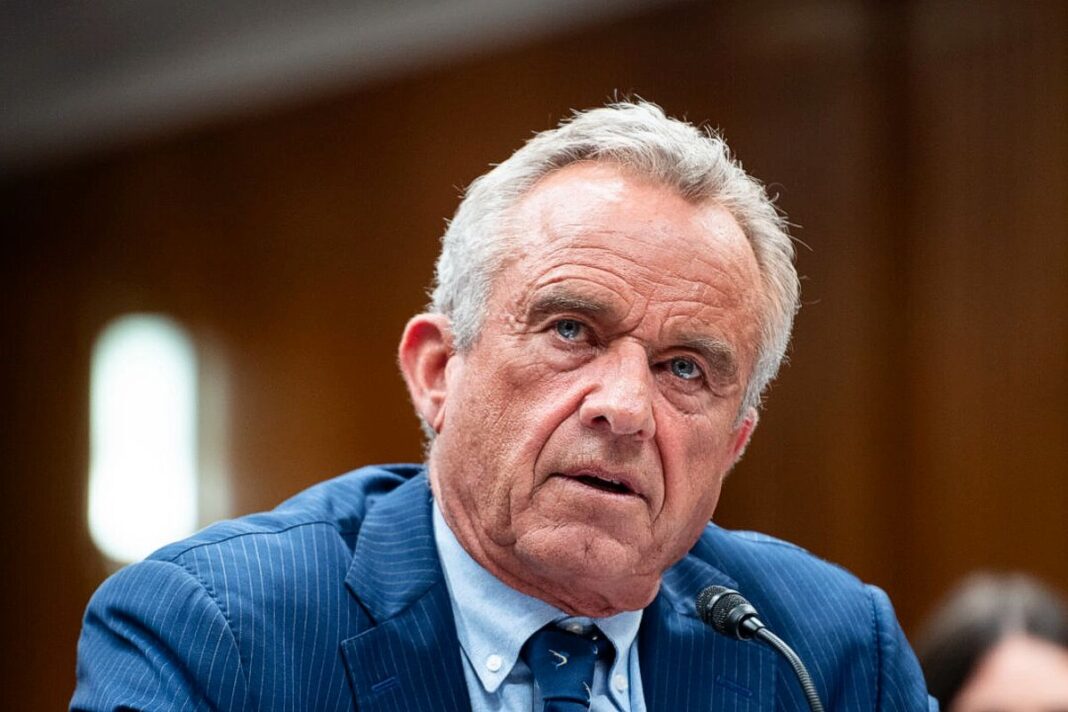Officials found issues with the organ transplant system.
An investigation by the Department of Health and Human Services (HHS) uncovered problems with a federally funded organization that procures organs, including the authorization of organ donation from patients still showing signs of life, the agency said on July 21.
The Health Resources and Services Administration, part of HHS, investigated the organization’s conduct and found “clear negligence,” HHS said in a statement.
The agency reviewed 351 cases where organ donation was authorized but ultimately not completed and found that in 103 cases, patients showed neurological signs such as pain or had no cardiac time of death marked down when procurement was started.
“Our findings show that hospitals allowed the organ procurement process to begin when patients showed signs of life, and this is horrifying,” Health Secretary Robert F. Kennedy Jr. said in the statement.
“The organ procurement organizations that coordinate access to transplants will be held accountable. The entire system must be fixed to ensure that every potential donor’s life is treated with the sanctity it deserves.”
The probe also showed that staffers with the federally funded organization, which procures organs in Kentucky, southwest Ohio, and part of West Virginia, approached potential donors’ family members who they believed were under the influence of drugs or lacked the capacity to understand decisions to donate, according to a letter made public by the government on July 21.
The investigated organization’s name was identified in previously released documents as Network for Hope. The Organ Procurement and Transplantation Network, a public-private partnership that includes organ procurement organizations and transplant hospitals, probed the organization over potentially causing harm to an injured patient during the previous administration but closed the case without action.
Based on the results of the probe, the government has directed the network to reopen the case.
The government said in the letter, which was sent to network leaders, that it has since received reports of possible similar issues at other federally funded organ procurement organizations and that reviews of those organizations are ongoing.








